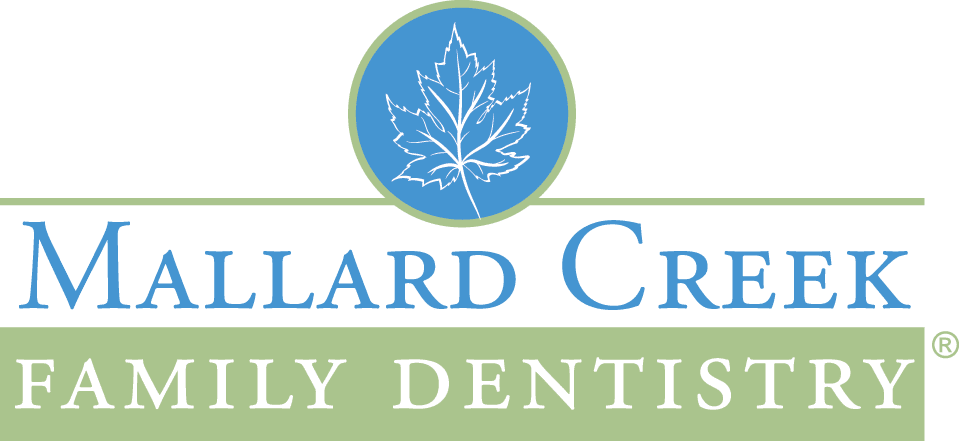Having a tooth extracted is a routine dental procedure. However, proper aftercare is essential to ensure a smooth recovery and avoid complications. Whether you’ve had a simple extraction or a more involved surgical removal, taking care of your mouth in the hours and days that follow will help reduce discomfort and support healing.

The First 24 Hours
The initial 24 hours after your tooth extraction are the most critical. During this time, a blood clot forms in the socket to protect the exposed bone and nerves. Preserving this clot is key to avoiding a painful condition called dry socket, which can delay healing. Your dentist or oral surgeon will place gauze over the extraction site to help the clot form and stop bleeding. You’ll need to keep pressure on this gauze by gently biting down and replacing it as directed until the bleeding stops.
Rest is important in the first day after surgery. Avoid strenuous activity, which can increase your heart rate and blood pressure, potentially causing the clot to dislodge. You’ll also want to keep your head elevated, even while sleeping, to help reduce swelling and encourage blood flow away from the extraction site.
Managing Pain and Swelling
Mild to moderate pain and swelling are normal after a tooth extraction. Your dentist may prescribe pain medication or recommend over-the-counter pain relievers like ibuprofen. Applying an ice pack to your cheek for 15 to 20 minutes at a time during the first day can also help reduce swelling and provide relief. Be sure to follow dosage instructions and never place ice directly on your skin. Swelling often peaks within 48 to 72 hours and then gradually subsides. If the pain worsens after several days or becomes severe, it may be a sign of an infection or dry socket, and you should contact your dentist promptly.
Eating and Drinking Safely
Your diet plays an important role in your recovery. Stick to soft foods like yogurt, mashed potatoes, smoothies, and soups for the first couple of days. Avoid anything crunchy, spicy, or too hot, as these can irritate the extraction site. Drinking plenty of fluids is essential, but steer clear of alcohol, hot beverages, and carbonated drinks, which can slow healing or dislodge the clot. Perhaps most importantly, do not use a straw for at least a week. The suction created by drinking through a straw can easily disrupt the blood clot, increasing your risk of complications.
Oral Hygiene and Cleaning the Area
Keeping your mouth clean is crucial, but you’ll need to be gentle. Avoid brushing the extraction site directly for the first day or two. You can brush and floss your other teeth, being careful not to disturb the clot. Your dentist may recommend rinsing your mouth with warm salt water beginning 24 hours after the procedure. This helps reduce bacteria and promote healing, but be sure to swish gently.
Mouthwashes that contain alcohol should be avoided during the early stages of healing, as they can irritate the tissue and delay recovery. Smoking is also a major risk factor for complications. If you smoke, try to avoid it for at least 72 hours after the extraction. Or better yet, use the opportunity to quit.
Monitoring for Complications
While most extractions heal without issue, you should be alert for any signs of trouble. Severe pain that worsens after a few days, excessive bleeding, persistent bad breath, or a foul taste in the mouth may indicate dry socket or infection. Swelling that continues to increase after the third day, fever, or difficulty opening your mouth could also be signs of complications. If you experience any of these, contact your dentist or oral surgeon right away.
Tooth Extraction in Charlotte, NC
At Mallard Creek Family Dentistry, we are dedicated to preserving your oral health. We always strive to maintain your natural tooth structure whenever possible. However, there are times when a tooth extraction is crucial to prevent worsening damage. Contact our office today to schedule a consultation and learn more about your restoration options.
